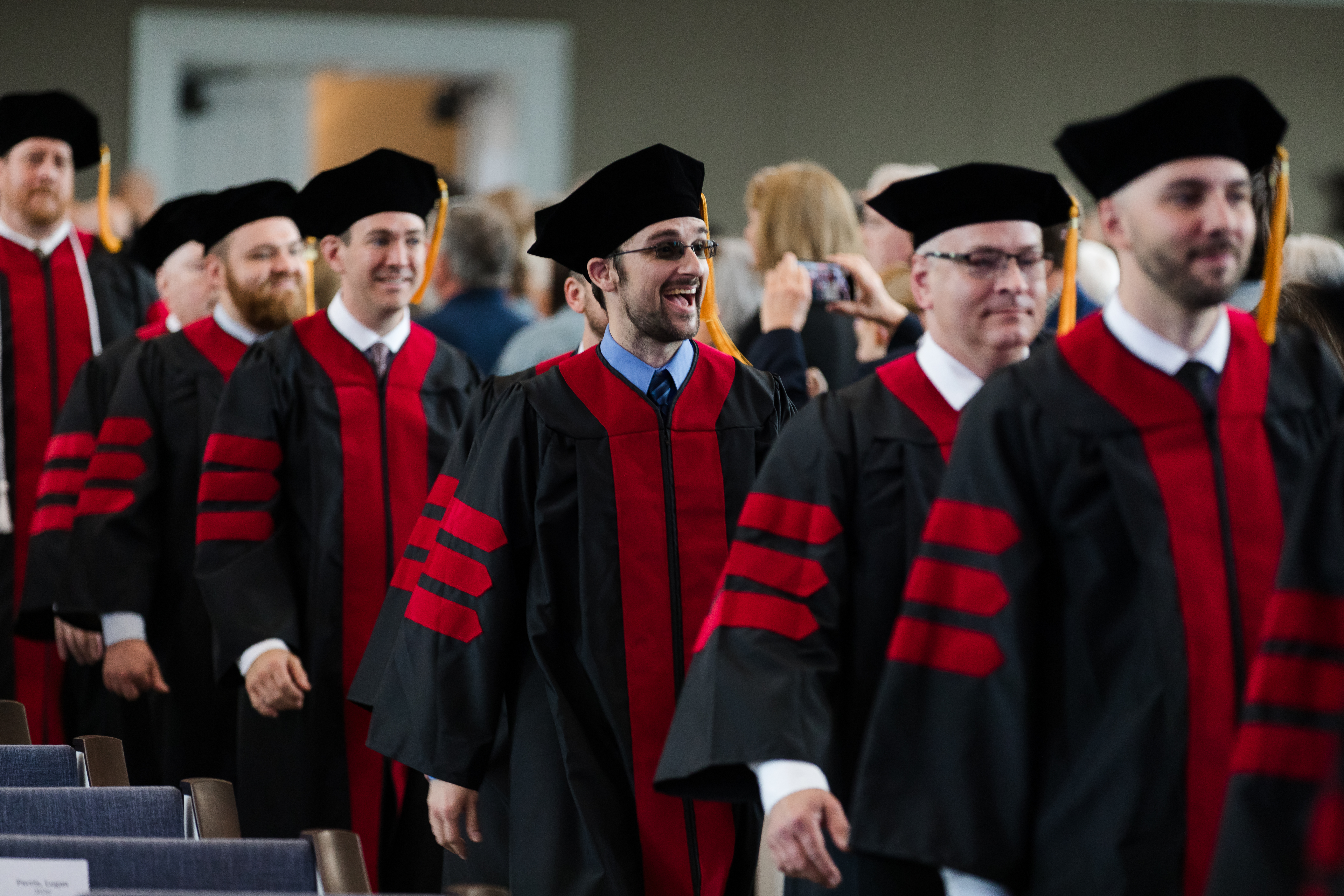Walking with the Wind: A Memoir of the Movement
by John Lewis and Michael D’Orso (Mariner Books, 1999)
If I was told that I could only recommend one book for people to read in order to get an overview and understanding of the civil rights movement, it would be John Lewis’ Walking with the Wind, which as the book’s subtitle indicates is A Memoir of the Movement. Lewis, who represented Georgia’s 5th Congressional District in the House of Representatives from 1987 until his death in 2020, participated in most of the important events in the movement after the Montgomery Bus Boycott. While telling his personal story (rather minimally) of growing up poor and black in rural Alabama and then attending the American Baptist Theological Seminary to study to become a preacher, Lewis chronicles his participation in virtually every important event and meeting in the civil rights movement. Lewis participated in some of the first Sit-Ins, was beaten unconscious during the Freedom Rides, became the president of the Student Non-Violent Coordinating Committee (SNCC), and had his skull fractured by Alabama State troopers on “Bloody Sunday” as he led marchers across the Edmund Pettis bridge in Selma, Alabama. As a leader who also functioned as a foot-soldier in the movement, Lewis provides fascinating behind-the-scenes insights into the major figures, events, and controversies in the movement. One of the most enlightening features of his memoir is the monumental but ultimately unsuccessful effort that he, Martin Luther King, Jr. and a few others made to keep the movement true to its Christian, non-violent origins. Lewis convincingly contends that the Black church and Christianity served as the foundation of the movement, although it is apparent by the end of the book that Lewis’ ecclesiology is unorthodox and his definition of Christianity is rather nebulous and based on the social gospel.






No comments have been added.